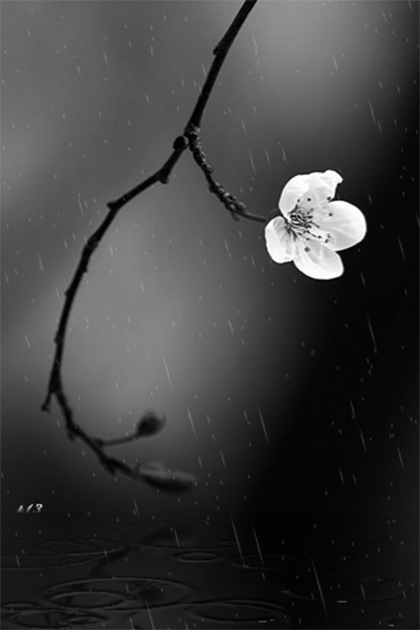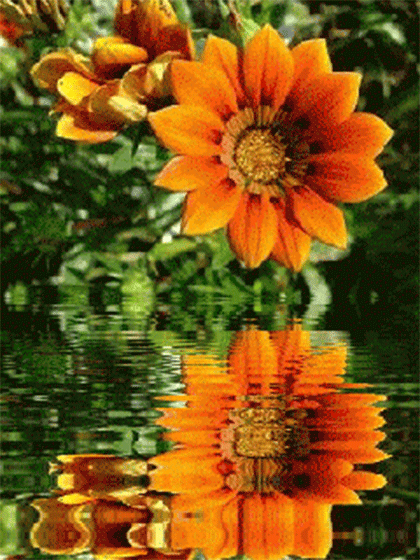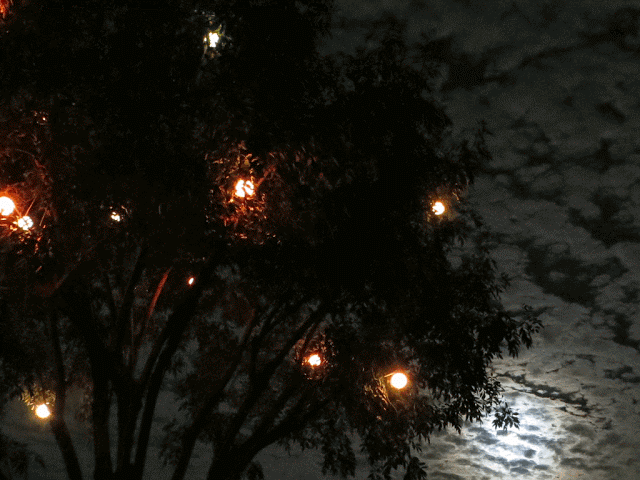When you are directly in contact with fear
You can observe a cloud or a tree or the movement of a river with a fairly quiet mind because they are not very important to you, but to watch yourself is far more difficult because there the demands are so practical, the reactions so quick. So when you are directly in contact with fear or despair, loneliness or jealousy, or any other ugly state of mind, can you look at it so completely that your mind is quiet enough to see it? ~Krishnamurti


















